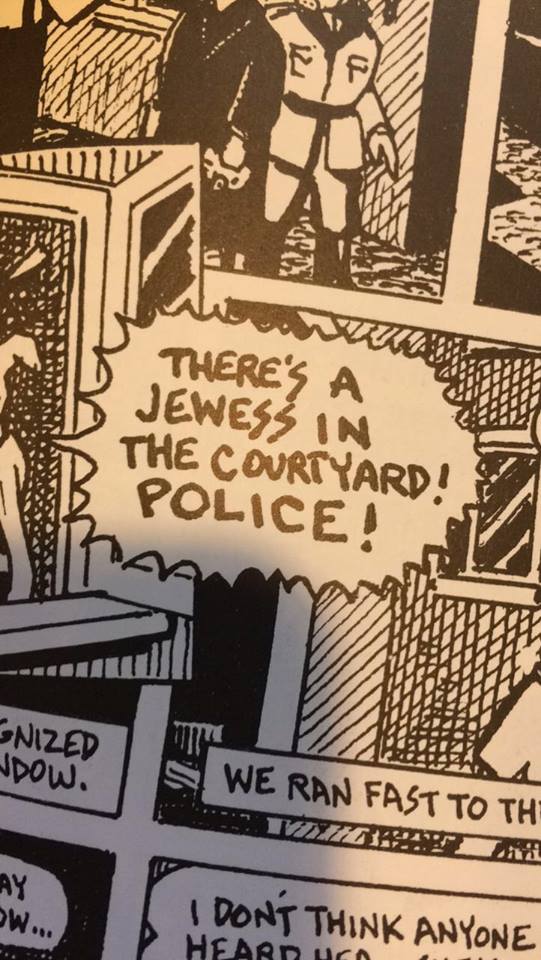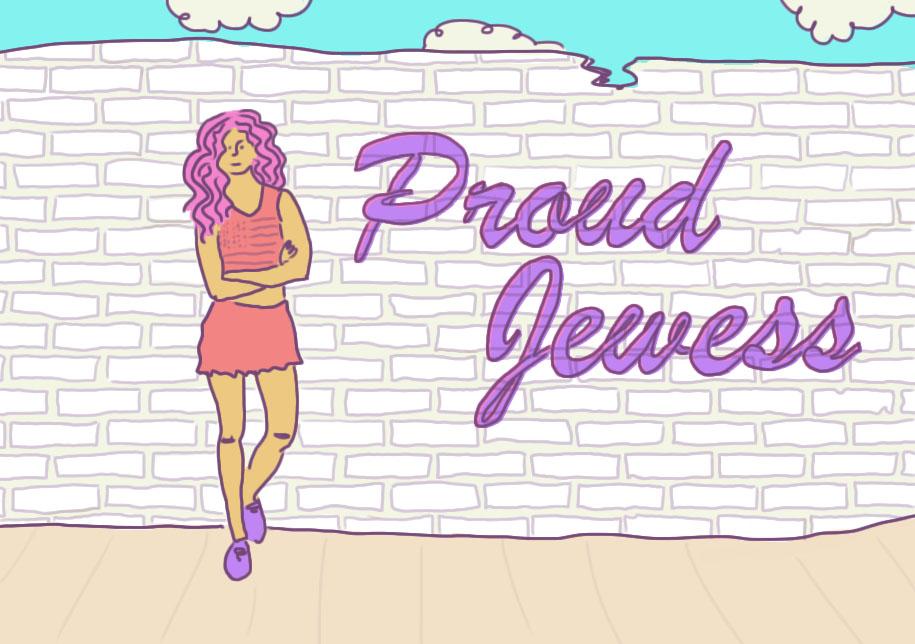The Oxford English Dictionary defines the word Jewess as “a Jewish woman or girl.” Why am I using the tackiest introduction for this essay, you ask? Because it never occurred to me that Jewess — a term I first heard on Broad City — was a real word. More dumbfounding, it never occurred to me that it could be considered an insult.
The OED notes that Jewess, coined in the 14th century, is dated and offensive. Merriam-Webster shares the same definition, with the caveat it’s only “sometimes offensive.” Having only ever heard Jewess in a positive context, I was shocked. How is a regal sounding word to describe a trailblazing Jewish woman with chutzpah “sometimes offensive?”
Rabbi Jacob Rader Marcus had the same question, almost 40 years ago. He wanted to name his 1980 book “The American Jewess,” but was shot down because at the time, Jews regarded Jewess as a “dirty word” and avoided it. “I believe it is a neutral descriptive noun and I use it constantly,” he wrote in the preface of The American Jewish Woman. “If for some it has become a term of contempt, it is because Judeophobic Gentiles have made it so. I refuse to bow to their prejudice.”
I agree with the rabbi. Unlike most slurs, the etymology of Jewess is empowering and very feminist. It was popularized in 1865 when Sarah Josepha Hale, the “editress” of a popular women’s magazine, recommended adding a feminine “ess” to 58 words including “Jewess.” Just 30 years later, Rosa Sonneschein published The American Jewess, the first English magazine dedicated to helping Jewish women cultivate their new identity in America. Sonneschein described it as “an organ which shall connect the sisters dwelling throughout… this blessed country, concentrate the work of scattered charitable institutions, and bring them to the notice of the various communities as an imposing and powerful unit.” Hmm… sound familiar?
Somewhere along the way, Jewess was stolen and stripped of its empowering roots. In Maus, the iconic 1980 Holocaust graphic novel, cartoonist Art Spiegelman depicts a Polish woman using the slur. “There’s a Jewess in the courtyard, police!” she yells. More recently, commentators on Stormfront.org, a white supremacist site, throw around the word casually: “Nancy Pelosi might have been baptized a Catholic, but she shows the character of a Jewess.”

Jewess is only an insult if you think being a proud, Jewish woman is an insult. Which, judging from the drastic spike in anti-Semitic hate crimes in the States and around the world, many people believe it to be. Like Rabbi Marcus, I reject the idea that Jewess is derogatory. And frankly, I find the Jewish American Princess trope, recently dubbed by Vox author Jamie Kieles as “America’s most complex Jewish stereotype,” to be tremendously more offensive. A Jewess —a hybrid of goddess and Jewish — exudes badass Jewish babe vibes, whereas a JAP — at its worst — is a frigid, materialistic snob.
“[Jewess] is a rejection of the JAP stereotype, the smothering-mother stereotype, and the self-loathing that leads so many Jews, especially Jewish men, to see the Jewish woman — her hair, her nose, her smarts, her existence — as vaguely embarrassing and definitely less-than,” writes Mark Oppenhemier, host of the Tablet’s “Unorthodox” podcast.
In a man’s world, Jewess empowers Jewish American women to fight the patriarchy and to stand tall in the face of anti-Semitism. And in the midst of the Pittsburgh shooting and the anti-Semitic Women’s March drama, it’s more important than ever to parade our Jewish pride.
So I motion to reclaim Jewess, because it was never the anti-Semites’ to begin with. They stole it, and I’m taking back what’s rightfully ours.
Header Image by Fernanda Sanovicz



